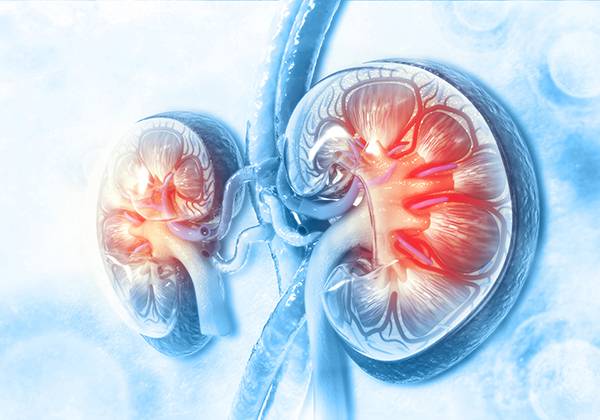Early Signs of Kidney Disease: What to Watch For.
The kidneys are vital organs responsible for filtering waste products and excess fluids from the blood, regulating blood pressure, and balancing electrolytes. When the kidneys are damaged or fail to function properly, the effects can be life-threatening. Kidney disease often develops gradually and may not show symptoms in its early stages, making early detection crucial for effective treatment. Here are some early signs of kidney disease to watch for and why they matter.
Changes in Urination
One of the earliest and most noticeable signs of kidney disease is a change in urination patterns. You may experience increased frequency, especially at night, or a decrease in the amount of urine. Other signs include:
- Foamy or bubbly urine, indicating protein leakage.
- Blood in the urine (hematuria), which may appear pink, red, or cola-colored.
- Difficulty urinating or a complete lack of urine output in severe cases.
Fatigue and Weakness
Healthy kidneys produce erythropoietin, a hormone that stimulates red blood cell production. Damaged kidneys may produce less of this hormone, leading to anemia. Anemia causes fatigue, weakness, and difficulty concentrating. If you feel persistently tired despite adequate rest, it could indicate an underlying kidney problem.
Swelling (Edema)
When the kidneys are unable to remove excess sodium and fluids from the body, swelling may occur. This is most noticeable in the legs, ankles, feet, hands, or around the eyes. Persistent swelling, particularly when paired with other symptoms, should not be ignored.
High Blood Pressure
Kidneys play a critical role in regulating blood pressure. If they are damaged, blood pressure can rise. Conversely, high blood pressure can also damage the kidneys, creating a vicious cycle. Sudden or uncontrolled hypertension is a potential warning sign of kidney dysfunction.
Persistent Itching
Chronic itching, particularly without a clear dermatological cause, can result from the buildup of waste products in the blood (uremia) due to impaired kidney function. This condition irritates the skin and is a common symptom in advanced kidney disease.
Loss of Appetite and Nausea
A buildup of toxins in the blood can lead to gastrointestinal symptoms, including nausea, vomiting, and loss of appetite. These symptoms can result in unintentional weight loss, which may exacerbate the disease’s progression.
Shortness of Breath
Kidney disease can lead to fluid accumulation in the lungs, causing difficulty breathing. Additionally, anemia caused by kidney dysfunction may reduce oxygen levels in the blood, contributing to shortness of breath.
Metallic Taste and Bad Breath
A buildup of waste products in the blood can alter taste perception and lead to a metallic taste in the mouth or ammonia-like breath (uremic fetor).
Importance of Early Detection
Kidney disease is often silent in its initial stages, with symptoms becoming evident only after significant damage. Regular health check-ups, including blood pressure monitoring and tests like serum creatinine, estimated glomerular filtration rate (eGFR), and urine analysis, are essential for at-risk individuals. Risk factors include diabetes, hypertension, a family history of kidney disease, and age over 60.
Early detection and management can slow the progression of kidney disease and prevent complications. If you notice any of the above symptoms, consult a healthcare professional promptly. A proactive approach can make all the difference in preserving kidney health and overall well-being.


